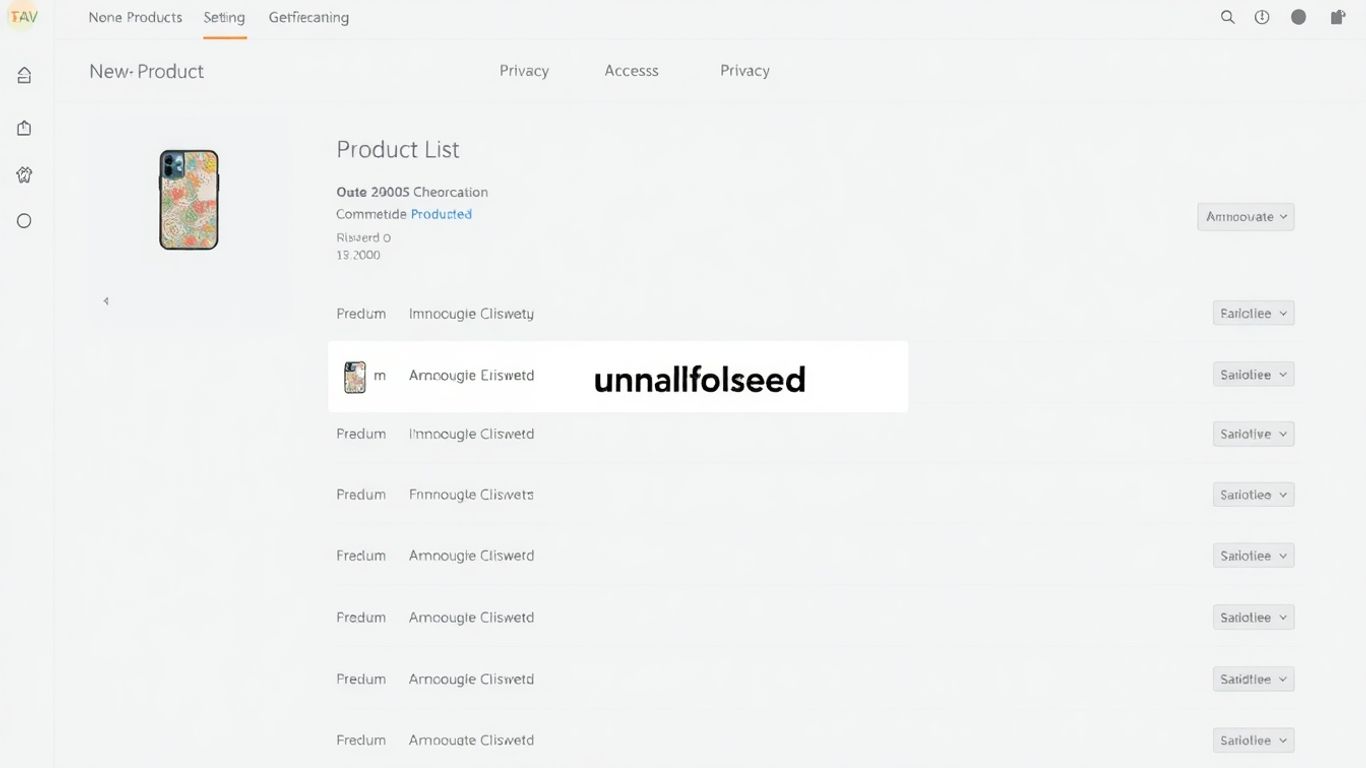E-commerce giant Shopify has removed a website template from its offerings following accusations from popular food influencer Molly Baz. Baz claimed the template featured an image that was an "AI version" of her likeness, closely resembling the cover art of her cookbook. The incident highlights growing concerns among creators about the potential for AI-generated content to infringe on intellectual property and personal likeness.
Key Takeaways
- Shopify has pulled a website template after food influencer Molly Baz alleged it was an "AI version" of her.
- The template's imagery bore a striking resemblance to Baz's cookbook cover and personal branding.
- Shopify stated the theme was created by a third-party developer and violated their terms.
- The incident raises broader concerns about AI's role in content creation and potential copyright issues.
The Accusation
Molly Baz, a New York Times bestselling author and food creator with a significant social media following, took to Instagram to voice her concerns. She pointed out a website theme offered by Shopify that included an image of a woman in a red sweatshirt eating an onion ring in a butter-yellow kitchen. Baz stated this image was eerily similar to her own, including the hand gesture and the specific style of her red sweatshirt, which she uses on her cookbook, website, and Instagram profile.
"Shopify is using a sicko AI version of me to sell its new website themes," Baz wrote, expressing her disappointment and calling for accountability.
Shopify's Response
A spokesperson for Shopify confirmed that the e-commerce platform had removed the template. They stated that a third-party theme developer had used imagery resembling Baz without permission, which is a violation of Shopify's terms of service. The company assured that they had informed Baz's team and were working with the developer to prevent future occurrences.
Shopify did not disclose further details about its relationship with the developer, Presidio, or whether other designs by the same developer were also affected. It remains unclear if artificial intelligence was definitively used to create the disputed imagery, though Baz speculated it was.
Broader Implications of AI in Content Creation
The incident involving Molly Baz and Shopify underscores a growing unease within the creative community regarding generative AI. The proliferation of AI image generation tools has put artists and creators on high alert for potential unauthorized reproductions, or "dupes," of their work, style, or likeness. Lawyers have noted that the vast datasets used to train AI models can inadvertently lead to outputs that infringe on publicity rights, even if unintentional.
While some marketers are embracing AI for efficiency in creating copy and imagery, there's a concurrent risk of accidental infringement. Furthermore, instances of bad actors deliberately using celebrity likenesses without permission, such as deepfake advertisements, continue to emerge, highlighting the need for robust ethical guidelines and legal frameworks surrounding AI-generated content.
Sources
- Shopify Pulls Design After Molly Baz Calls It an 'AI Version' of Her, Business Insider.

